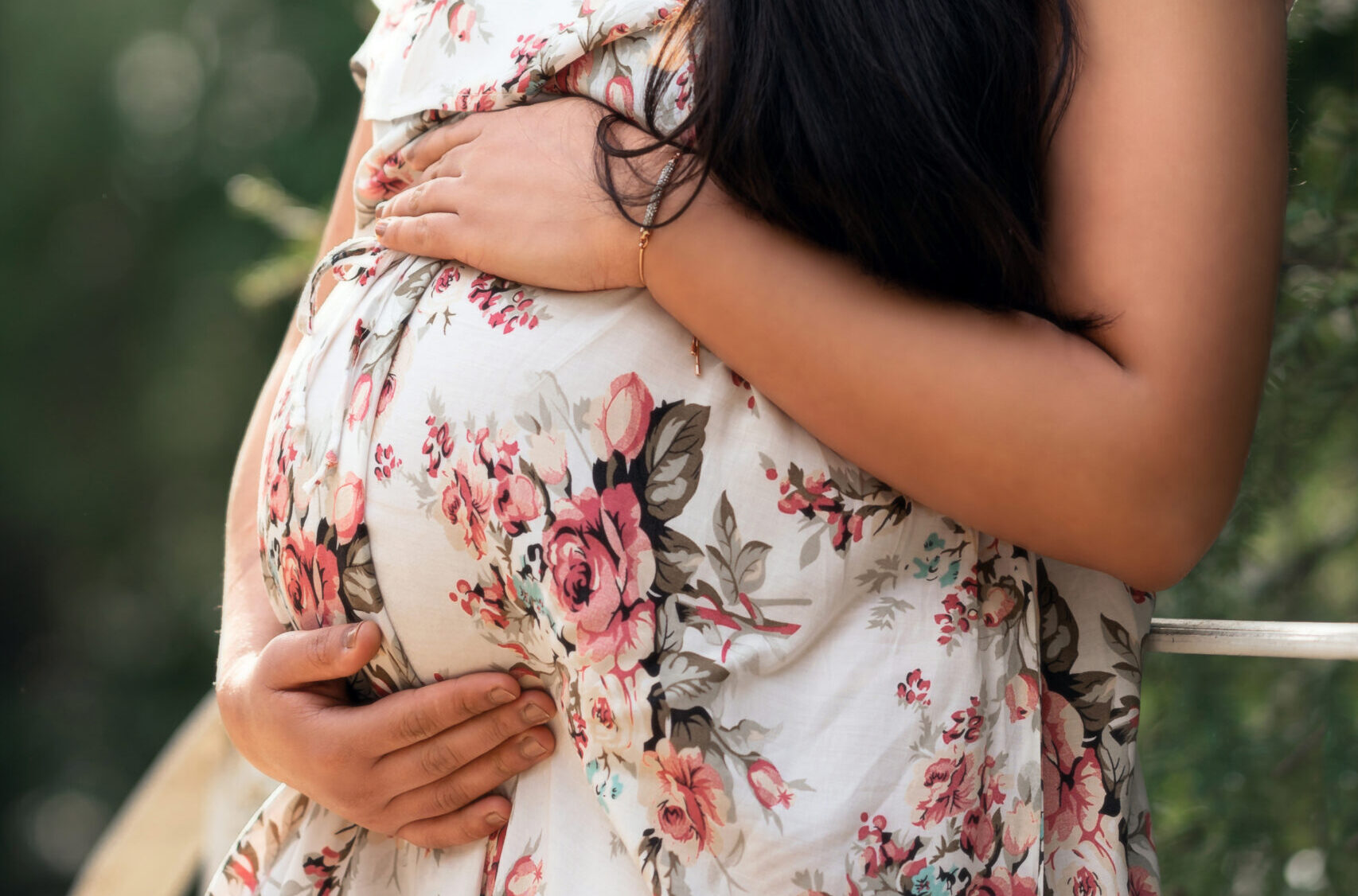What to Expect During Your Third Trimester

Some women consider the third trimester of pregnancy to be the most physically challenging. It can also feel a bit overwhelming as you finish preparing for your baby’s arrival.
Here are some things to keep in mind as you wrap up your pregnancy over the next few months:
- The baby is moving more. This will be exciting at first, but it may also cause more discomfort as your pregnancy progresses.
- Difficulty sleeping. There are a variety of pregnancy pillows that can help you feel more comfortable.
- Braxton Hicks contractions. These manifest as mild and irregular contractions that feel like a tightness in your abdomen. They are more likely to happen after physical activity or later in the day. If your contractions steadily increase in strength and/or become regular, contact your health care provider.
- Ankle swelling. Pregnancy causes you to retain extra fluid.
- Leaking. Your breasts may leak something called colostrum, which is a watery, nutrient-rich “pre-milk” substance.
- Back pain. The pressure on your pelvis and the weight of your belly can begin to make your back ache. Sit in chairs with good back support and wear supportive shoes. There are some pregnancy support belts that can help relieve this pressure.
- Difficulty breathing. This sensation can be due to the baby getting larger and crowding your lungs, as well as the extra fluid you retain while pregnant.
- Varicose veins and spider veins. Swollen or varicose veins may appear on your legs. Red or purple veins may also appear on your face, neck, and arms. This is caused by increased blood circulation and should fade after you deliver the baby. Be sure to elevate your legs as much as you can and drink plenty of fluids.
- Hemorrhoids. To prevent these, try not to strain too hard while using the bathroom, eat foods high in fiber to help keep your stools soft, and drink lots of water.
- Frequent urination. You may feel more pressure on your bladder as your baby moves lower into your pelvis. You may also leak urine when laughing, coughing, or sneezing.
Consider taking childbirth classes if you haven’t already. This is a great way to prepare for labor and ease some of your concerns about the delivery process.
You may want to purchase nursing bras or a breast pump if you are planning to breastfeed. Most health insurance companies provide new moms with a breast pump for free, so be sure to check with your insurance provider to see if they offer this as well.
Your prenatal checkups will become more frequent this trimester. Around week 32, your doctor may have you start coming in every two weeks, and then every week at around week 36.
Your doctor may test for these conditions:
- Gestational diabetes: This form of diabetes can develop during pregnancy.
- Pre-eclampsia or toxemia: Good lifestyle choices can help you manage your blood pressure.
- Iron deficiency anemia: This is when you don’t have enough oxygen being carried throughout your body by the red blood cells. The treatment is to take iron supplements.
- Group B strep (GBS): This bacteria can live in your vagina and infect the baby during delivery. The treatment is to administer antibiotics during labor.
You’re almost there! Keep up the good work and get ready to meet your sweet baby! And as you soak in these last few weeks before your little one arrives, Prestonwood Pregnancy Center is here to support you.
